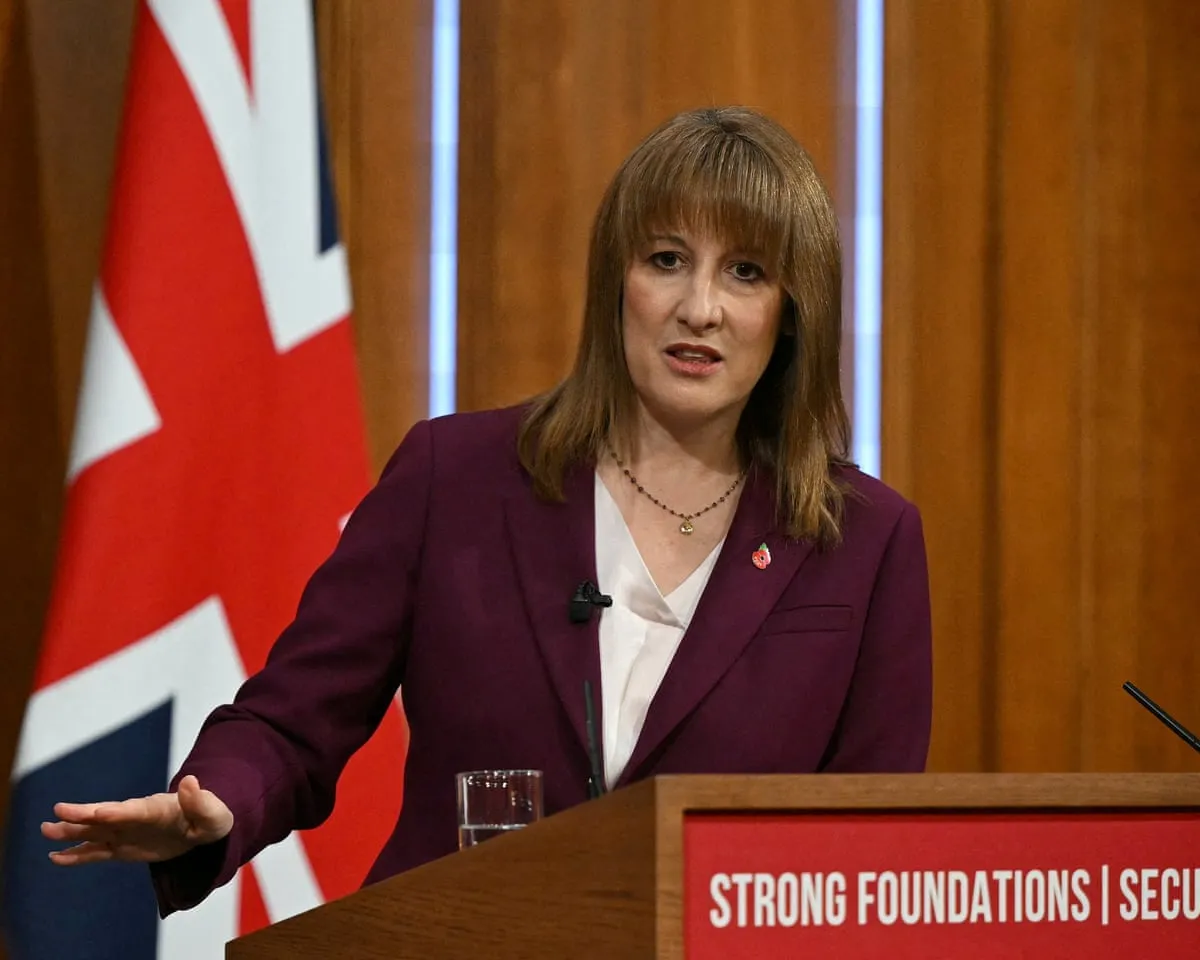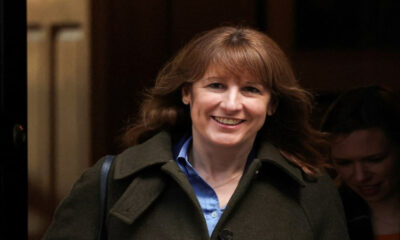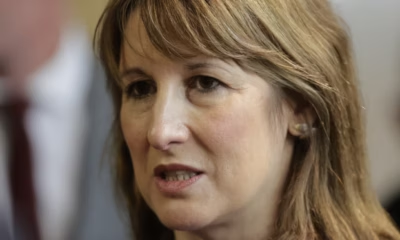News
Reeves signals plan to lift benefit limits for larger families in upcoming Budget

Chancellor Rachel Reeves has indicated that she supports removing restrictions on benefits linked to family size, suggesting that next month’s Budget could include measures to end the controversial two-child limit introduced under the previous Conservative government. Her remarks mark one of the clearest signs yet that the Labour government is preparing to make tackling child poverty a central part of its economic agenda.
Speaking in an interview with BBC Radio 5 Live, Reeves said it was unfair that children in larger families were being “penalised through no fault of their own.” She added that every child should have the same chance at a decent start in life, regardless of how many siblings they have. Her comments have been widely interpreted as confirmation that she is considering scrapping or substantially reforming the existing benefit cap.
The two-child limit on working-age benefits, introduced in 2017, prevents parents from claiming additional support for a third or subsequent child, except in limited circumstances. Critics have long argued that the policy disproportionately affects low-income households and has pushed thousands of children into poverty. Several Labour MPs and anti-poverty campaigners have called for its full repeal, saying it undermines the party’s commitment to social justice.
Earlier reports suggested that Treasury officials were weighing several alternatives, including a “tapered” model under which families would receive full benefits for their first child and gradually reduced payments for additional children. Another proposal involved capping benefits at three or four children rather than two. However, Reeves’s latest comments suggest she is leaning toward a complete removal of the cap rather than a partial adjustment.
“I don’t think it’s right that a child should be penalised simply because they were born into a larger family,” Reeves said. “We will take action on child poverty. The last Labour government proudly reduced child poverty, and we will reduce it again.”
Her remarks have been welcomed by child welfare groups and social policy advocates, who argue that reversing the two-child rule would be one of the most effective ways to support struggling families during the cost-of-living crisis.
Economists say the move would likely carry a significant fiscal cost, though supporters believe it would pay long-term dividends by reducing inequality and improving children’s life chances. Political observers note that Reeves’s approach reflects a broader effort by Labour to balance fiscal responsibility with social reform.
With the Budget only weeks away, expectations are rising that Reeves will outline a series of policies aimed at easing pressures on working families and rebuilding what she has described as a “broken social safety net.






















